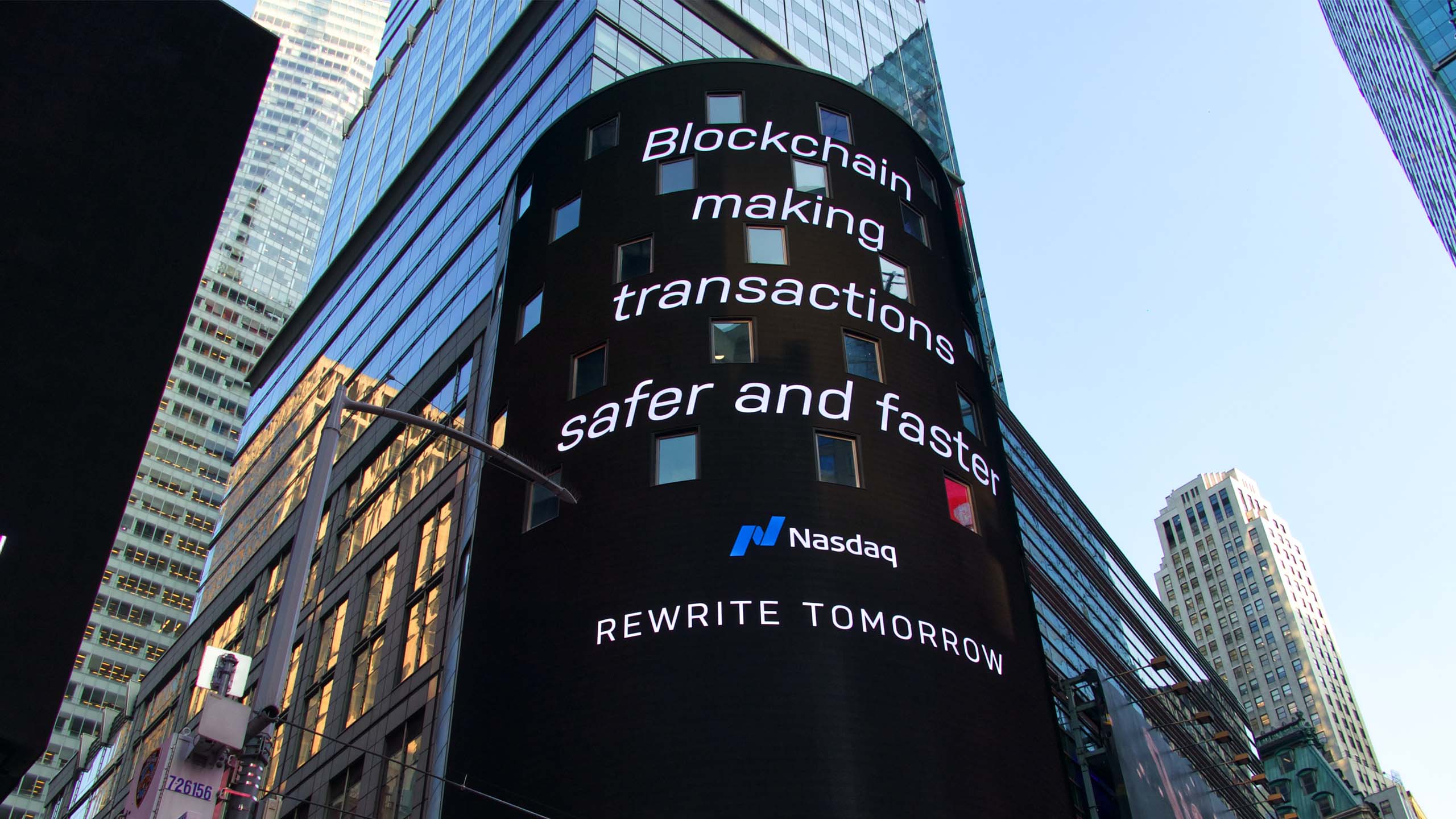
Part 2: Outlook 2022 — Crypto, Blockchain, Security Tokens
Crypto & Blockchain
Metaverse
Expectations are particularly high for the Metaverse in 2022. Meta, formerly Facebook, has already declared the new digital economies its No. 1 corporate priority in 2021. “Our vision is that the metaverse will be the successor to the mobile Internet. With its interconnected digital spaces, it is full of opportunities beyond the physical world,” says Tino Krause, country director for the DACH region at Meta. In the metaverse, many areas of life could have shifted completely to virtuality in 10 to 15 years. Whether it’s property ownership, shopping trips through malls, new jobs, exhibitions or concerts. As this development has already been driven by large companies such as Adidas or Nike in 2021 by diligently developing properties in blockchain metaverses such as the Sandbox or Decentraland and Nike announced late last year to create the NIKELAND on Roblox, it is expected that more players will join and existing ones will intensify their activities.
As the metaverse forms an open universe whose worlds can be created cooperatively and embedded in the new digital economy, a competition between two models is already emerging. Centralized versus decentralized, large corporation versus DO (decentralized organization).
NFT
NFTs, which were already a booming topic in 2021, will become mainstream in 2022 and will find application in a broader range of industries, according to Activate Consulting, a consultancy for the technology and entertainment industry and their Technology & Media Outlook 2022. One of the biggest NFT trends for 2022 will be the growing participation of major companies and brands, as evidenced by positive comments made in recent weeks by companies such as Electronic Arts and former employees of Activision and Lucasfilm.
But NFTs also play an important role in the Metaverse and Blockchain Gaming by creating demonstrable ownership. A whole new level of immersion. From swords and armor to entire plots of land. NFTs have become “gamechangers,” allowing participants to become actual owners of their digital items for the first time, and even earn money from them, which will further encourage their adoption.
Recently, for example, the purchase of a yacht in the sandbox metaverse made headlines. One gamer paid just under 150 Ether for the digital luxury boat on the NFT trading platform OpenSea. Another invested 450,000 US dollars to become a digital neighbor of rap legend Snoop Dogg.
Blockchain Gaming / GameFi
Blockchain or crypto games are digital games that allow participants to own parts of the game. This is because they exist on the basis of the blockchain on which transactions, assets and ownership are stored decentrally.
Classic games, on the other hand, are in the hands of a specific provider. It charges fees for use and makes further revenue with the sale of digital goods, expansions and new versions. Blockchain Gaming players therefore have more opportunities to use their game progress compared to classic players. Crypto games offer the opportunity to generate revenue. Because this activity overlaps with finance, it is also called play-to-earn or GameFi, in reference to DeFi (Decentralised Finance).
Blockchain games represent a growing share of the games industry. Especially 2021 turned out to be the winning year for play-to-earn crypto games. Companies developing games with tokens received record amounts in various series rounds. Sorare soccer NFT game, in which players buy and sell cards featuring real footballers, raised $680 million in a funding round and reached a $4.3 billion valuation in September. The combination of blockchain technology, cryptocurrencies and non-fungible tokens, enable a variety of new options for game developers.
In particular, NFTs can be traded inside or outside the games. It is therefore not surprising that crypto games have a significant secondary market outside the games themselves. For example, Decentraland or Axie Infinity NFTs were among the most listed assets when NFT marketplaces like OpenSea or Rarible became big.
Blockchain games are still the exception in the still rapidly growing gaming industry. However, the success of Axie Infinity with millions of players has shown that the growth potential is huge. Especially a combination of decentralized finance and blockchain games could become extremely interesting in 2022.
Ethereum 2.0
For some time now, the development team around the Ethereum blockchain, the second largest cryptocurrency in the cosmos, has been planning to switch the consens process from the energy-hungry Proof-of-Work to Proof-of-Stake. This is expected to make transactions cheaper, drastically reduce energy consumption, and also allow cryptocurrency to be staked. In 2021, the course was set with 3 major updates, but the introduction was postponed by several months. The transition will therefore probably take place in 2022 and holds the chances for Ethereum to continue to hold its own against the competition.
With upgrades already made to improve transaction processing and expected to improve further with the move to Ethereum 2.0, plus the increase in NFT sales, which are primarily processed on the Ethereum blockchain, Ethereum could outperform Bitcoin again this year.
With Solana being the faster, Cardano the more scalable, and Polkadot the more interoperable than Ethereum, it will also be exciting to see if these chains can shake Ethereum’s dominance in 2022.
Decentralized Finance
The decentralized finance sector (DeFi) has grown spectacularly to a total value of more than $200 billion in 2021, according to Yahoo finance, supporting the growth of the broader crypto market.
Paycer UG founder & CTO Nils Gregersen in Hamburg, Germany says “DeFi will still be a topic in 2022. We’ve only seen the tip of the iceberg in terms of DeFi,” and emphasizes, “There will be many new products coming that we can’t even imagine today.”
Industry experts expect the market to continue to grow in 2022. In particular, various subsectors within the DeFi sector such as liquidity mining and yield farming to decentralized autonomous organizations (DAOs), decentralized exchanges (DEXes), and non-fungible tokens (NFTs) are in focus here.
Swarm Markets co-founder Timo Lehes believes that new asset types, regulatory aspects and institutional validation are factors that will increase the adoption of DeFi in the coming year.
Bitcoin as legal tender adoption
As mentioned in the last blog article, the Central American country of El Salvador adopted Bitcoin alongside the U.S. dollar as official currency in the country in 2021. Should El Salvador show that accepting and owning Bitcoin can also be good for the states themselves, chances are good that other states will follow suit. Especially in economically struggling countries like Argentina or even Venezuela, Bitcoin and other cryptocurrencies are already used as unofficial means of payment.
El Salvador’s president Nayib Bukele, presented on January 1 via his twitter account his own predictions for the new year made and predicts that two more countries will adopt Bitcoin as legal tender in 2022.




